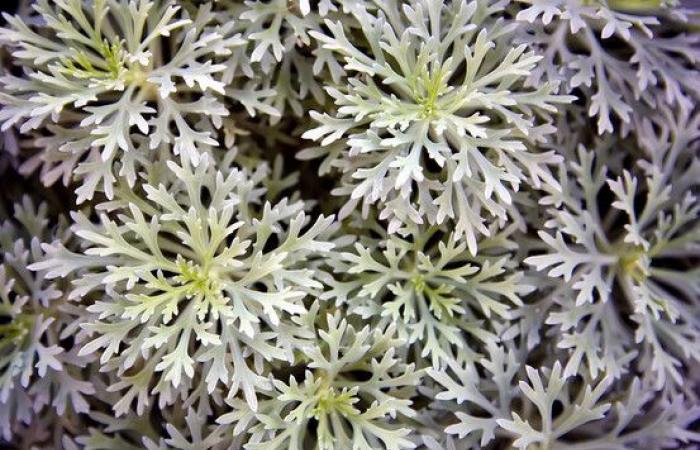Polycystic ovary syndrome (PCOS) not only affects women’s gynecological health, but it also impacts the cardiovascular, metabolic and hormonal systems. Currently available treatment options are limited and primarily focused on symptom relief. It is necessary to expand the therapeutic arsenal offered to women so that everyone can find support that suits them. A new avenue is revealed thanks to artemisinins. Decryption.
Artemisinins are molecules from different plants of the genus Artemisiaand in particular annual mugwortalso called Chinese mugwort (Artemisia annua). We especially know these molecules for their benefits in cases of malaria or Covid-19. But they hold, surprisingly, the potential to improve other conditions affecting metabolism and hormonal functioning, such as polycystic ovarian syndrome (PCOS).
PCOS is a syndrome affecting women, characterized by the presence of 2 of the following 3 symptoms:
- clinical hyperandrogenism (hirsutism, alopecia, acne) and/or biological (excess testosterone and/or dihydrotestosterone in the blood)
- an abnormality of the menstrual cycle : absence of menstrual cycles or long cycles (less than 8 cycles/year) which can lead to infertility
- the presence of polycystic ovaries on ultrasound and/or an increased ovarian volume (> 10 ml) or an AMH (anti-Müllerian hormone) dosage > 5 ng/ml or 35 pmol/L
This is where a study published in June 2024 in Science (1). The authors studied the impact of ingestion of artemether, a synthetic analogue of artemisinin, in an animal model of PCOS (rodents). The intervention made it possible to reduce hyperandrogenism and in particular testosterone synthesis.

The team has even determined certain elements of its molecular mechanism of action. It is interesting to note that the same team had already demonstrated in the past the capacity of artemisinins to increase insulin sensitivitywhere 70% of women with PCOS are affected by metabolic disorders and in particular insulin resistance.
The potential of these molecules was recently confirmed thanks to a pilot study conducted on women with PCOS. Treatment with dihydroartemisinin made it possible, in fact, to reduce hyperandrogenism and AMH levels, improve the morphology of the ovaries and normalize the menstrual cycles of these patients.
Further studies are now expected to further explore the effect of these molecules, and determine how to use them in effective and safe protocols.
Read also
Polycystic ovary syndrome (PCOS): natural solutions
Under no circumstances can the information and advice offered on the Alternative Santé site replace a consultation or diagnosis made by a doctor or health professional, the only ones able to adequately assess your state of health.
- -






